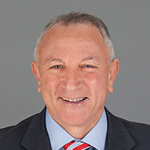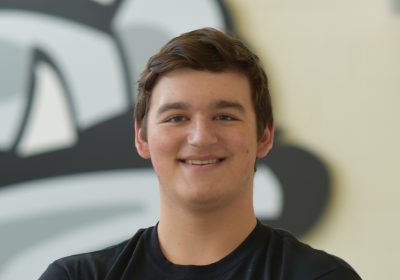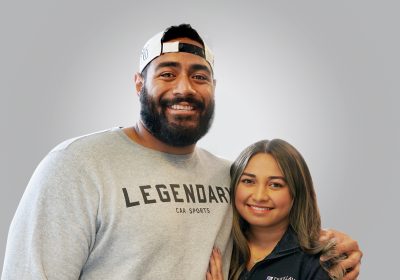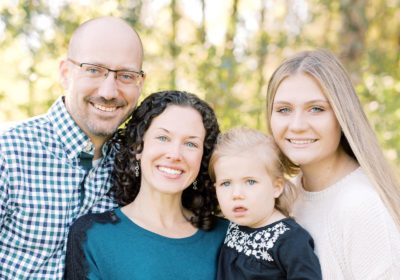
Give. Get. Grow. Superheroes

When I hear about superheroes, I often reflect on my time spent working with Christopher Reeve. Certainly, that makes sense because he played Superman in the movies. But it is his work to support some real-life heroes of science and medicine that most often comes to my thoughts. And in today’s world, with so many people working tirelessly in labs and on the front lines to combat COVID-19, I’m more aware of these everyday superheroes than ever before.
You may recall that Chris was quite an accomplished actor, best known for his role as Superman. You may also know that on May 27, 1995, his life changed. Chris’ horse made a refusal during an equestrian competition. Witnesses said the horse began to jump the third fence on the course and suddenly stopped. Chris fell forward off the horse, becoming tangled in the reins as the bridle and bit were pulled off the horse. Chris landed headfirst on the far side of the fence, shattering his first and second vertebrae. He was left paralyzed from the neck down. The accident also halted his breathing. He was taken by helicopter to the University of Virginia Medical Center.
I met Chris a few months later at the Kessler Rehab hospital in West Orange, New Jersey. I was the president and chief executive officer of the American Paralysis Association, an international organization dedicated to finding cures for paralysis due to spinal cord injuries. Chris had become extremely focused on funding research privately and publicly to support work he believed would help him improve his mobility, and ultimately allow him to walk again. He was driven, passionate, and relentless in his quest to fund the best science in the world.
Chris was Superman in the movies, but I believe he would agree that the true superheroes are the scientists, the nurses, and the public health experts who are dedicated to finding cures and making our lives better through their expertise.
Superheroes are all around us. Look at the brave doctors, nurses, and the entire medical establishment battling the COVID-19 pandemic. Look at our cancer scientists pivoting to get into the fight against COVID-19. Consider superheroes like Dr. John Leonard, who played a very big role in the development of rituximab, a medication used to treat certain autoimmune diseases and types of cancer. Rituximab helped save the life of my brother, Paul, who has been a cancer survivor for over 15 years. Dr. Leonard is among the thousands of dedicated researchers, physician-scientists, students, and other health professionals who are members of the American Association for Cancer Research (AACR), working around the clock to find cures together. They are not famous actors or superstar professional athletes, but they are superheroes.
The AACR has more than 47,000 members from 127 countries. Like Chris, they are passionate and relentless in driving progress in cancer science and finding cures. To me they are superheroes, and we are proud to support their important work.
To that end, in April the AACR held its first Virtual Annual Meeting. This best-in-class scientific conference was held in lieu of our in-person Annual Meeting that was rescheduled due to the global coronavirus pandemic. The response to this first meeting, which drew more than 61,000 registrants from 140 countries, is an important reminder that cancer doesn’t stop, so neither do cancer researchers! In late June, the AACR will hold Virtual Annual Meeting II, and I am very excited to see the response to this second conference. The AACR’s goal is simple and straightforward: Fund research to find new approaches to cancer prevention and new treatments and cures for all forms of cancer.
Please join me in supporting our superheroes—those working on lifesaving cancer prevention and cures, and those deployed on a global scale to battle COVID-19. I invite you to take a deeper look at the American Association for Cancer Research. Research Saves Lives.





